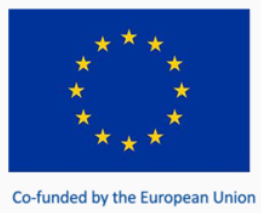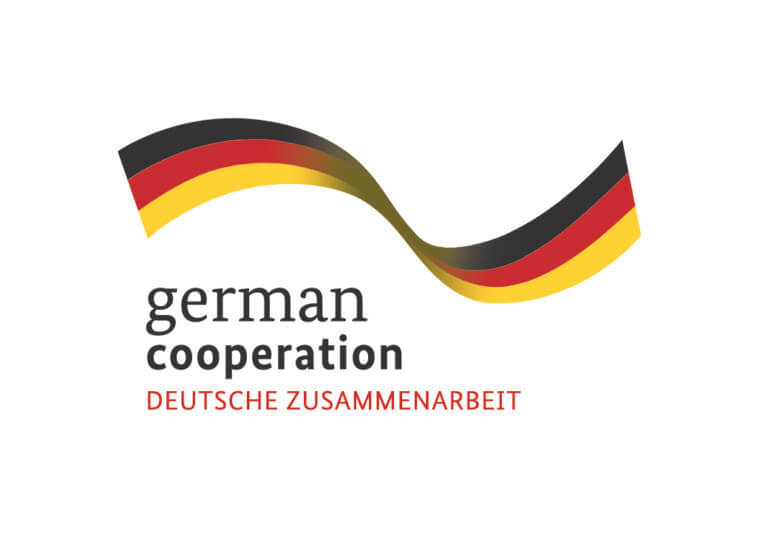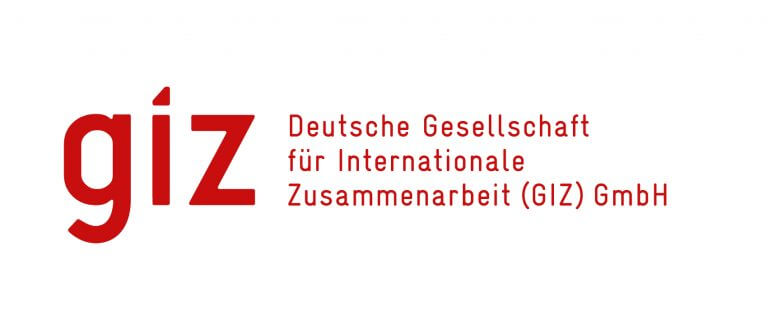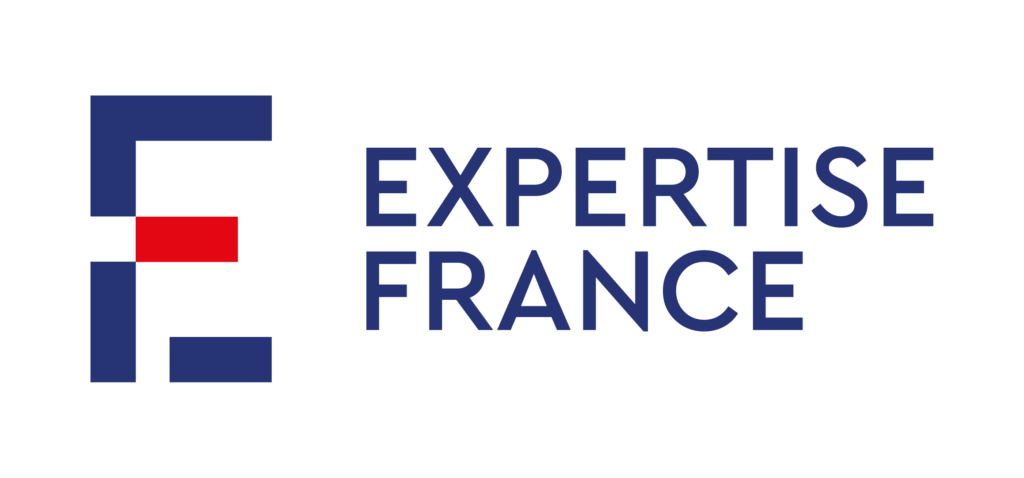Driven by rapid urbanization, economic development and changing consumption and production patterns, the amount of single-use plastic is rapidly increasing worldwide. At the same time, waste management systems still lack effectiveness in terms of environmentally sound collection, sorting, recycling, energy recovery and disposal of packaging waste. Estimates based on 2010 data suggest that worldwide 5 to 13 million tons of plastic waste find their way into the oceans every year, of which much comes from single-use plastic products and packaging. The plastic waste affects over 800 species in marine and coastal environments.
In 2018, the European Commission presented an ambitious European Strategy for Plastics in a Circular Economy, which envisages that by 2030 all plastics packaging placed on the EU market will be either reusable or recyclable. In recent years, the EU successively adopted the new Directive on Reducing the Impact of Certain Plastic Products on the Environment and the New Circular Economy Action Plan supporting a transition towards circular economy.
In 2020, China has issued the Opinion on Further Strengthening the Control of Plastic Pollution and the Notice on Comprehensively Promote the Plastic Pollution Control to reduce the production, sale and use of certain single-use plastic products.
The project supports a transition towards sustainable consumption and production of plastic in East and Southeast Asia to contribute to a significant reduction of marine litter. It thereby contributes to strengthening EU cooperation with countries in the region in the areas of circular economy, plastic waste and marine litter reduction.





Dr. Liu Xiao
Project Manager
Rethinking Plastics – Circular Economy Solutions to Marine Litter
Deutsche Gesellschaft für Internationale Zusammenarbeit (GIZ) GmbH
